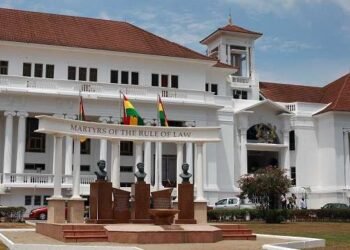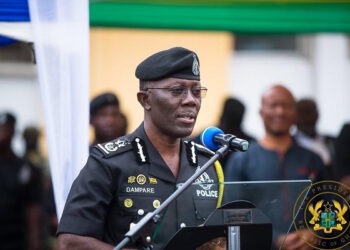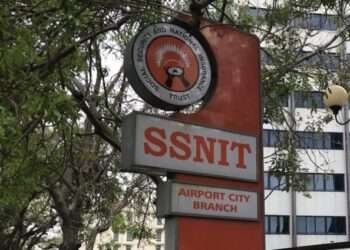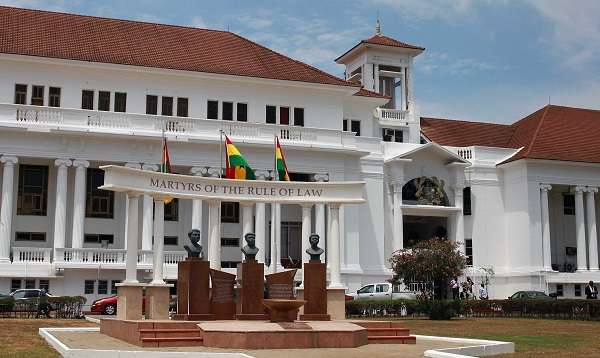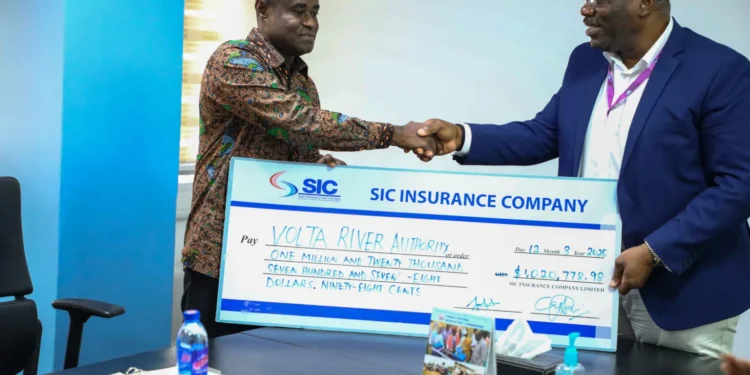“Fear delegates” is a term in Ghanaian politics, attributable to the New Patriotic Party’s late former General Secretary, Kwadwo Owusu Afriyie, popularly called Sir John.
It connotes the unpredictability of delegates elections in Ghana. Delegates elections have sent shocks down the spine of many political bigwigs in the country.
Consequently, while most polls have projected a landslide victory for the “system candidate”, Dr. Mahamudu Bawumia, at about 70%, the Vice President may have a lot to worry about.
However, so far, so good! The Vice President’s campaign team has deployed, by far, the best campaign strategy for the incumbent candidate. Admitting that the flaws of the incumbent administration may be weaponized significantly against the Vice president’s candidature, the team restrained from excessive public and media engagements from the Super Delegates up until the very few days leading to the November 4th Elections. Similarly, they stayed away from engaging in harsh political rhetoric and allegations.

For the ‘baggage’ Vice President, he could not have thrown the first punch or ward off the imminent punches from his main vociferous contender, Kennedy Ohene Agyapong, who would have followed such a risky enterprise. Even without such attempts, the Vice President has not been spared.
To his advantage, however, the unsaid minority presentation of his base, which has seen massive growth since his stepping into politics, mainly in the northern part of the country showed him an uncontestable support in the Super Delegates Conference.
Dr. Bawumia’s campaign is centered on the fundamental belief that Ghana possesses immense untapped potential. His vision entails a future where Ghana emerges as a dynamic center for economic expansion, societal progress, and technological advancement.
Bawumia’s Political Pitch
Handpicked as a newcomer to politics in 2008 to complement Nana Akufo-Addo’s popularity in the south, the young economist aimed to secure the northern and Zongo votes for the NPP. Despite a challenging initial attempt that narrowly lost after the runoff, Dr. Bawumia, a political novice at the time, adeptly navigated the intricacies of the northern political landscape.

The northern region, known for its staunch allegiance to the NDC in the 4th Republic, posed a significant challenge for the NPP. In this context, Dr. Bawumia’s strategic influence assumed critical importance. His active engagement with northern elders and residents, coupled with extensive campaigning efforts, contributed to the NPP’s improved electoral performance in subsequent elections while waning off that of his northern compatriot, former President John Mahama.
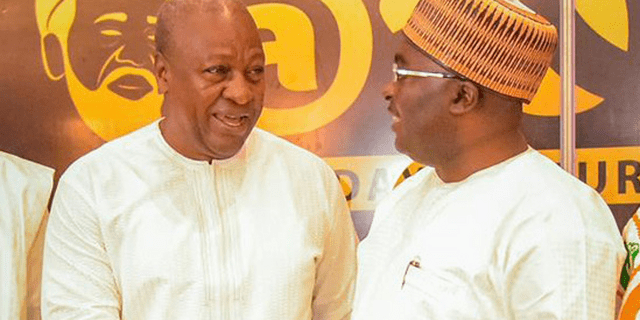
His efforts resonated with the populace and influenced the political landscape, leading to remarkable electoral gains for the NPP in the 2016 presidential and parliamentary elections. In the 2016 Presidential election of the then Northern Region, the NPP got 41.5%, an improvement from the 39.11% the party got in 2012 with similar improved performances across the northern regions.
Subsequently, the 2020 elections were perceived as a test of Dr. Bawumia’s influence in the north, indicative of his potential to succeed Nana Akufo-Addo as the NPP’s presidential candidate in 2024 and potentially as the country’s President.
Thus far, the NPP’s significant gains in the Northern, Savannah, and North East regions have further underscored Dr. Bawumia’s growing political strength and impact in reshaping the party’s fortunes in the northern regions. With a marked increase in parliamentary seats, particularly in traditionally NDC strongholds, Dr. Bawumia’s role as a catalyst for change in northern politics has garnered widespread recognition within the NPP.
The dynamics will go beyond the north, however. The vice president will need more than the northern votes to secure his flagbearer ambitions. As he is no more a novice, he must appreciate the ‘deceit’ of delegates and its resultant shocks.
Particularly, some reports indicate that most delegates have felt side-lined over the last seven years of the party’s reign. In a recent survey by Global Info Analytics, a whooping 32% of delegates who participated in the survey were either unwilling to disclose their side or not decided. This group presented a new dynamic on the projected outcome of the elections on Saturday. Most pundits believe that the 32% are those who were afraid to let disclose their support for Mr Agyapong. Should that be the case, then fearing delegates is the way to go.
Far-fetched though, but the Vice President, Dr. Mahamudu Bawumia, the “system candidate’s” loss is possible, also.
READ ALSO: Trade Ministry Hints On Simplifying Business Operationalisation


